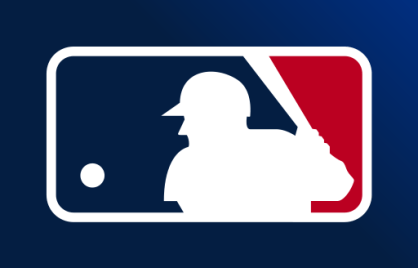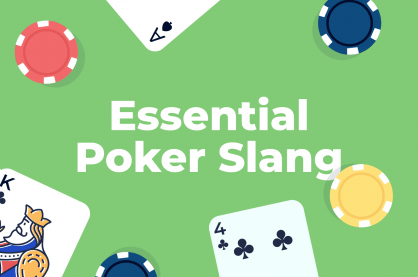How Do Poker Tournaments Work? A Beginner’s Guide

How Do Poker Tournaments Work: What You Need to Know
- Tournament Basics: Learn about the structure, rounds, and the concept of chip stack in poker tournaments, and how they differ from cash games.
- Understanding Blind Structure: Grasp how blinds increase over time in tournaments, which influences the pace and strategy of the game.
- Survival Tactics: Understand tips for lasting longer in tournaments, such as playing conservatively in the early stages and making calculated risks later.
- Importance of Position: Recognize the strategic advantage of position and how it influences betting decisions in tournament play.
- Bankroll Management: Learn how to manage tournament buy-ins and balance the risk versus reward to sustain your poker tournament gameplay.
There is nothing quite like the rush of winning a poker tournament. As exciting as cash games can be, crushing a poker tournament is a true high—accompanied by a massive payout!
Cash poker games are a steady grind. But, depending on the payout structure, winning a multi-table poker tournament can routinely provide 100x returns.
Poker was changed forever when an amateur named Chris Moneymaker (yes, that’s his real name) turned a $40 satellite tournament ticket into a $2.5 million dollar score.
This article will teach you how poker tournaments work! You, too, can hit the big time.
Fun fact: In the first poker tournament I ever played, I won first place! I turned a $120 buy-in into an over $2,000 score after beating a 90-player field. A breakout win is definitely possible!
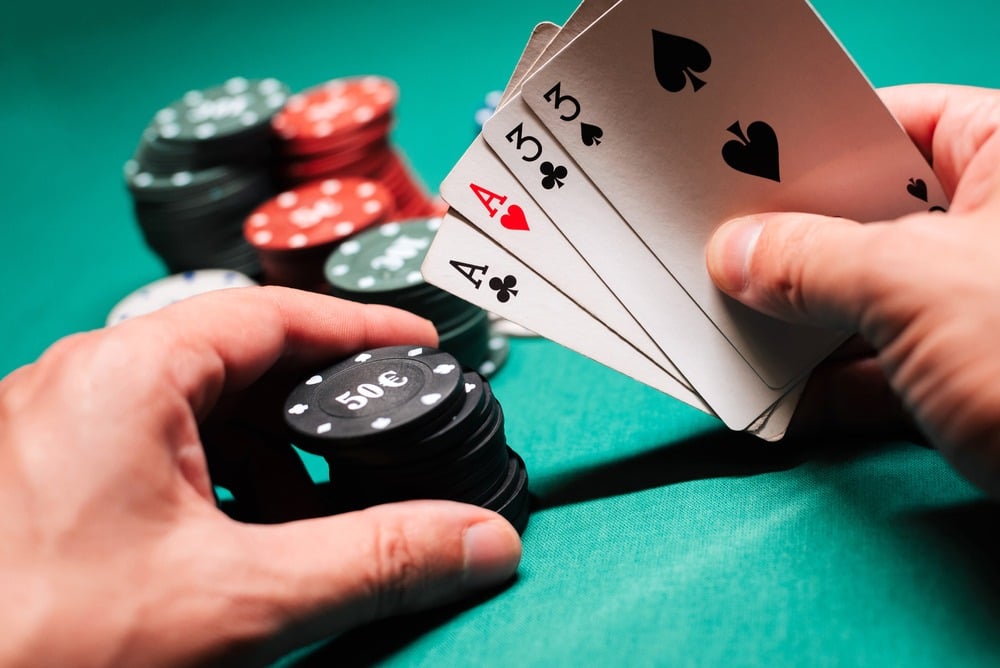
Image Credit: Vlad Ispas/Shutterstock
What is a Poker Tournament?
Tournament poker is an elimination game. You play until the last person standing.
Before the event starts, all participants must pay a fixed buy-in fee, which contributes to a collective prize pool. Each player starts with an equal number of chips, and the game gets increasingly more challenging as the blinds increase (translation: it costs more and more chips to play a hand).
Usually only the top 10-15% of players get paid depending on the payout structure. Everyone else walks away with $0—saving the juiciest prizes for the final remaining few.
Poker Tournaments vs. Cash Games
Tournaments and cash games are two different animals:
- Cash Games: Players can join and leave at any time, and real money is used for betting where one chip = $1. Mistakes are less punishing since you can rebuy chips.
- Tournaments: Mistakes can be fatal. Once you lose your chips, you’re eliminated. The higher you rank in the finishing places, the more you get paid. $100 entry fee may garner you 20,000 chips, but the payouts are based on eliminations, as the chips have no direct monetary value.
How Do Poker Tournaments Work: Types of Poker Tournaments
Poker tournaments come in a variety of formats, especially online poker tournaments.
- Freezeouts: No rebuys are allowed. Once you’re out, you’re out.
- Turbo and Hyper-Turbo: These have faster blind level increases, leading to shorter events and more variance. Luck plays a bigger role.
- Bounty Tournaments: Players earn an additional payout for eliminating an opponent.
- Mystery Bounty: Players earn a mystery, raffle draw payout for eliminating an opponent.
Freezeouts are becoming less and less common because the ability to rebuy will create a larger prize pool. Turbo and hyper-turbo are phrases mostly used in online poker tournaments, although some live poker tournaments are faster than others.
A standard daily tournament at a casino will probably take anywhere from 5-7 hours. Big series events like at the World Series of Poker can last around 10 hours and span across multiple days!
- Faster tournament structures are prone to more luck-induced swings.
- Slower tournament structures favor more skilled players.
Mystery bounties are the newest trend in the poker tournament world because of their jackpot effect. Even if you don’t win the event, you can still 10x your money by pulling a lucky bounty!
How Do Poker Tournaments Work: Tournament Structures and Formats
Understanding the structure of a poker tournament is key to success. Here are the basics:
Basic Structure
All players start with the same number of chips. The blinds (forced bets) increase over time, creating urgency and forcing action. Levels typically last between 10 and 60 minutes, depending on the tournament format.

Image Credit: Vlad Ispas/Shutterstock
Tournament Levels and Blind Structures
Blinds escalate at set time intervals (“levels”). Turbo tournaments have shorter levels, meaning the blinds will eat away at your stack faster. You may have to go all-in with a worse hand in a turbo poker tournament structure than a slower poker tournament structure.
That’s why faster events have more luck and variance. There’s less time to wait!
Example:
- Let’s say you have 250,000 chips.
- You have a medium hand like a pair of nines.
- Should you go all-in before the flop?
That depends on the blind level.
- If the blinds are 2,500/5,000, then absolutely not! You have 50 big blinds, so you should not be looking to go all-in preflop unless you have an ultra-premium poker hand like pocket aces or kings.
- What if the blinds are 25,000/50,000? Definitely! You only have five big blinds—you can’t survive the blinds passing you more than a few orbits. This may be the best hand you are dealt before the big blind puts you all-in automatically.
As you can see, your all-in threshold goes lower as the blinds go higher. What was a questionable and overzealous play at one blind level is a slam-dunk shove at another.
Role of Chips and Buy-Ins
- Chips: Chips in a poker tournament have no direct monetary value. They are tools to apply pressure on other players and give you the ability to withstand the constantly increasing blind levels.
- Buy-ins: Everyone’s entry fee is pooled together to create a collective prize pool. Only the top 10-15% of players will get a share of the prize pool, with higher finishers receiving bigger payouts. Note that the casino/house also normally subtracts a fee.
What is great about how poker tournaments work is that everyone receives an equal amount of chips. A single player with more money cannot dominate the rest of the table by reaching into their wallet and adding more chips!
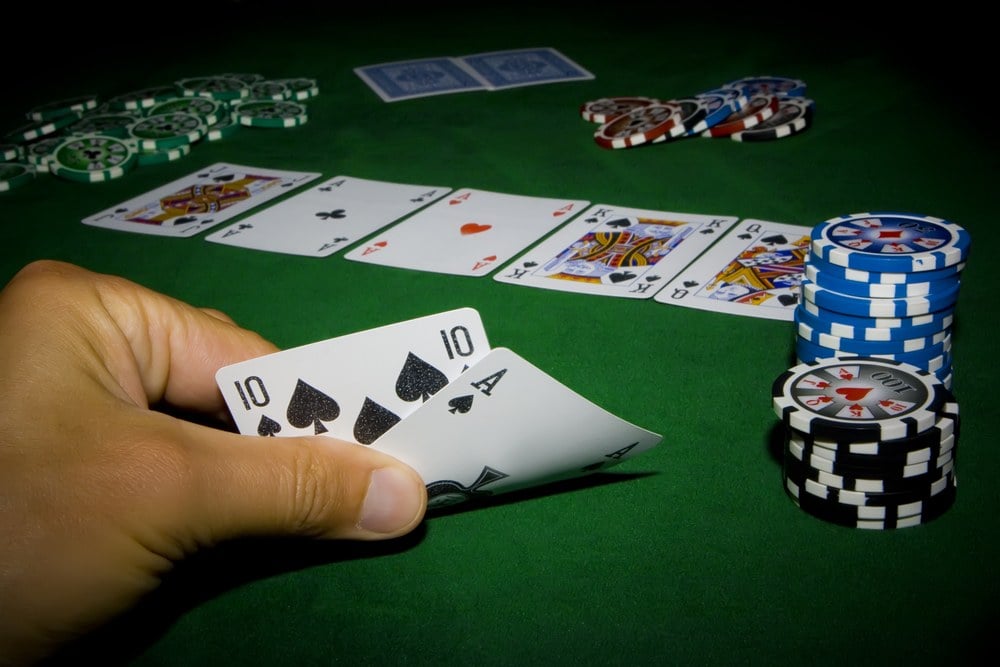
Image Credit: Vlad Ispas/Shutterstock
Payouts and Winning
How Payouts Are Structured
The prize pool is distributed among the top finishers, with the largest share going to the winner. The exact payout structure varies but often rewards the top 10-15% of participants.
Strategies for Advancing
- Early Stages: Play tight and focus on building your chip stack while avoiding unnecessary risks.
- Middle Stages: Adjust to tighter play as the bubble (the point where payouts begin) approaches. Discipline is critical.
- Late Stages: Apply pressure on medium stacks and exploit opponents’ fear of elimination.
Please note that these are general strategies for advancing. The best approach varies by tournament type and structure (ex. you might want to play looser in the early stages of a rebuy tournament than a freezeout).
For a more in-depth strategy breakdown, check out my online poker tournament strategy article.
How Do Poker Tournaments Work: What Happens When You Win
Winning a poker tournament feels like landing on Cloud Nine! Not only do you score a hefty payout, but victory comes with bragging rights and recognition.
Sometimes there is not an outright winner, and players will agree to a “deal” or “chop.” Perhaps instead of first place earning $2,000 and second place earning $1,000, both players will agree to evenly split and take home $1,500.
More commonly, players will agree to a proportional payout—an “ICM chop.” In this example, let’s say Player A has more chips than Player B and therefore an advantage. Instead of an even chop,
Player A might propose that they take home $1,750 and Player B gets $1,250. The casino or online operator will calculate the numbers for you exactly.
DO NOT feel pressured to chop! Too many players are accustomed to taking deals.
Here’s why:
- They are insecure and inexperienced in playing “short-handed” or “heads-up,” meaning against just a few or only one other opponent. Their discomfort leads them to ask for a chop.
- They will be tired after a long and grueling several hours-long tournament.
- They are poor negotiators.
The last point is crucial—many players do not know how to negotiate effectively, even though it is a key part of how poker tournaments work. You need to be a good deal-maker.
Poker tournaments are NOT a democracy! Majority rules do not apply. If one person refuses to chop, no one can.
That means the one person who refuses to chop potentially has a lot of leverage.

Image Credit: Vlad Ispas/Shutterstock
A personal scenario:
- I was at the final table of a tournament with six players remaining.
- I was in 4th place relative to others’ stack sizes.
- They proposed an ICM chop—meaning I would get the 4th highest payout.
I said I would agree… only if they gave me the 2nd place payout.
They laughed. They thought I was joking!
I said no problem—no deal. They were outraged! But after a few minutes of hemming and hawing, the exhausted players agreed: I was awarded 2nd place prize money.
That’s not to say you should never take ICM deals or will always have players bend when you negotiate. What it does mean is this:
- Do not feel pressured into taking a deal. You don’t have to chop at all if you don’t want to.
- Only agree to deals that are in your best interest.
If the tournament structure is high variance and you don’t believe you have a skill edge, then by all means, take the deal. There are also situations where the money is too good to refuse—sometimes the guaranteed payout is enough. Just don’t default to always making deals.
Online vs. Live Poker Tournaments
Key Differences
- Online: Faster pace with more hands dealt per hour—average of 90 hands/hour online vs. 30 hands/hour live—and you can play multiple tournaments at the same time. This allows you to get more volume. Generally tougher competition with more skilled players, but a smaller house fee (rake).
- Live: A more relaxed, social atmosphere and the opportunity to read opponents’ physical cues. Downside is high casino fees especially at lower buy-in events and you are limited to only playing in one tournament.
Online tournaments tend to be significantly cheaper. You can enter events for as little as a few dollars! Their low house edge and prize pool made-up of players all over the world also means you can exponentially increase your reward.
Live tournaments have less participants resulting in smaller prize pools. Online poker tournaments have more players resulting in bigger prize pools, but it’s much more difficult to beat a field of 1,000 players than it is to beat a field of 100.
I highly recommend all beginner players start by playing poker online.
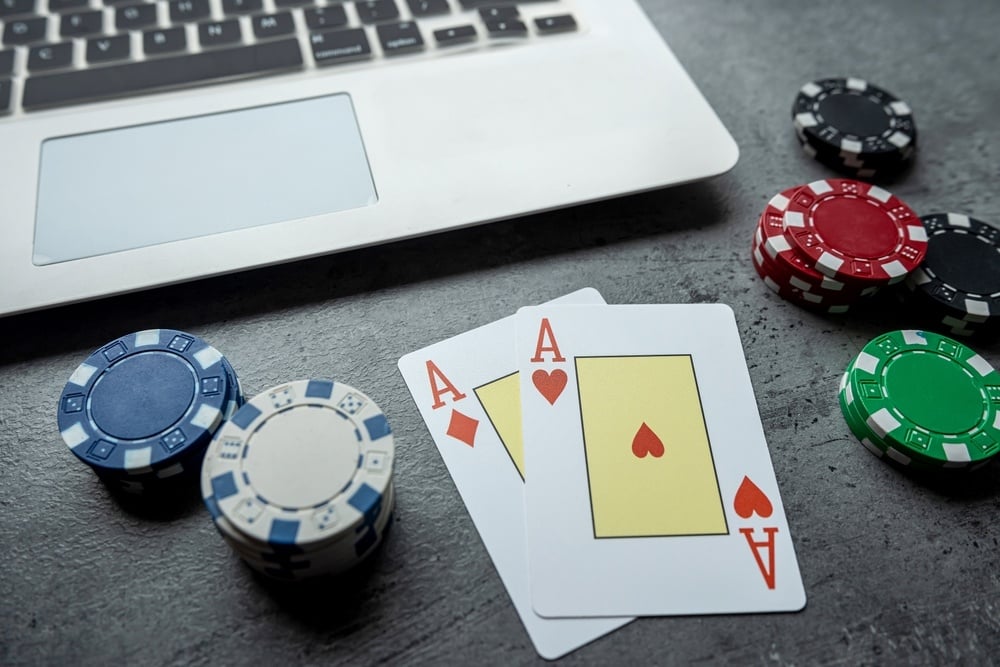
Image Credit: Vlad Ispas/Shutterstock
Beginner Tips for Poker Tournaments
Important Rules and Etiquette
- Respect opponents and dealers.
- Take your time. It’s easy to feel rushed by other players, but be thoughtful with your decisions.
- Verbalize big decisions. If you’re all-in, announce “all in!” so everyone at the table is crystal clear.
Basic Strategies for New Players
- It’s better to be over-aggressive than under-aggressive. When you have a short stack and are low on chips, go all-in liberally.
- Focus on positional awareness—acting later in a betting round gives you more information.
- Be mindful of stack sizes when deciding whether to call, raise, or fold.
How to Track Progress
Use poker tracking software for online tournaments or keep a journal of your live game results. If you have friends in poker that you trust, it’s a good idea to record critical hands and discuss it among peers.
You can also submit hands to different poker training websites and coaches for analysis, such as to Bart Hanson’s CrushLive poker call-in show for a more in-depth analysis.
Frequently Asked Questions
Do Players Use Real Money in Tournaments?
Yes, players pay a buy-in fee with real money to enter, but chips used during the tournament have no real monetary value.
How Do Poker Tournaments Manage Player Cards?
In live tournaments, dealers manage cards manually. Online tournaments use random number generators to ensure fairness.
What Are Common Misconceptions About Tournaments?
- “Tournaments are all about luck.” While luck plays a role, skill is crucial for long-term success.
- “Big stacks always win.” Effective strategy can overcome chip disadvantages. There are many stories of “a chip and a chair”—times when a player was down to only one chip left and still achieved victory.
- “Don’t block the chop.” Never be afraid to walk away from a chop deal that isn’t to your liking.
Title Image Credit: Vlad Ispas/Shutterstock

